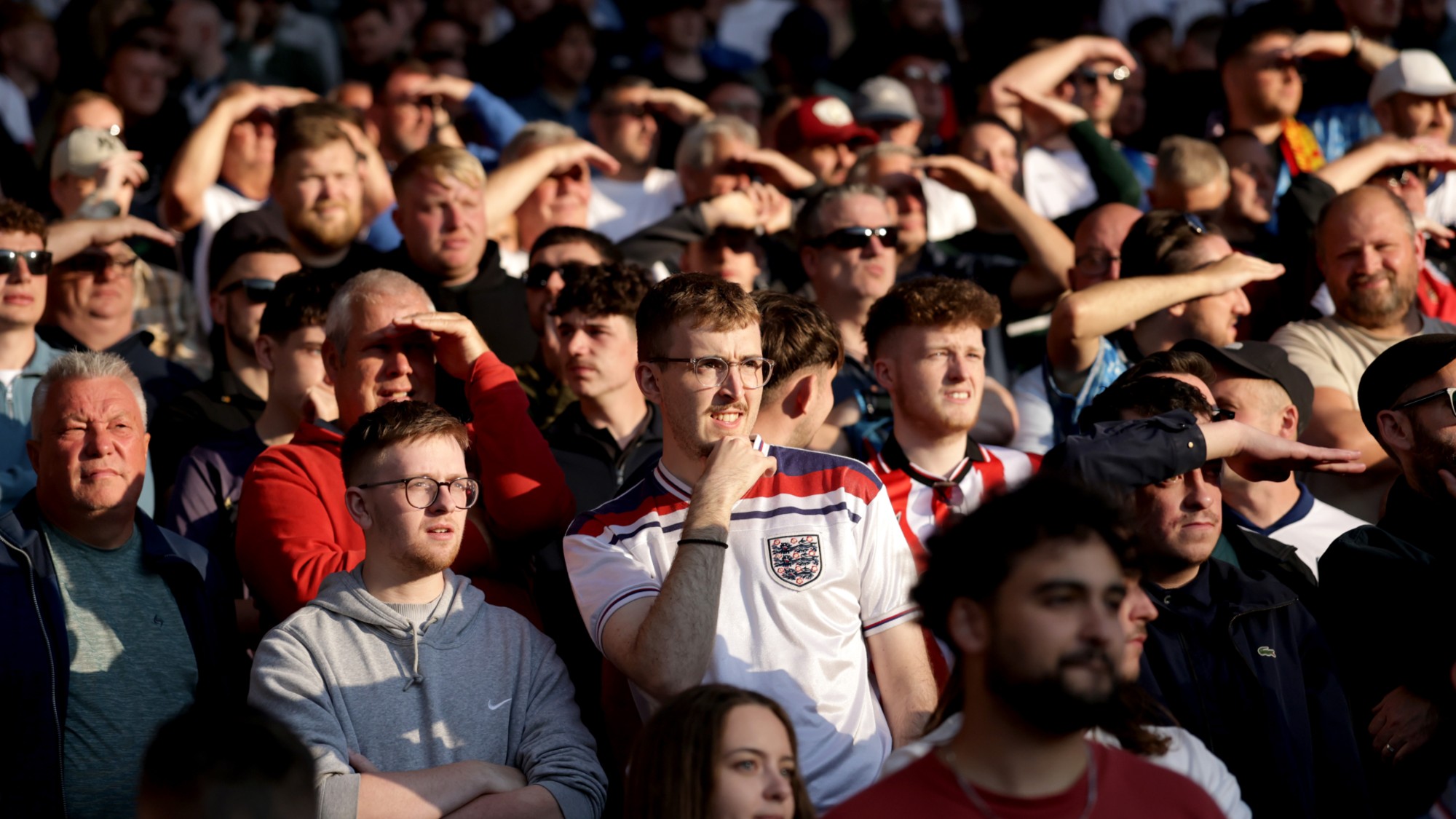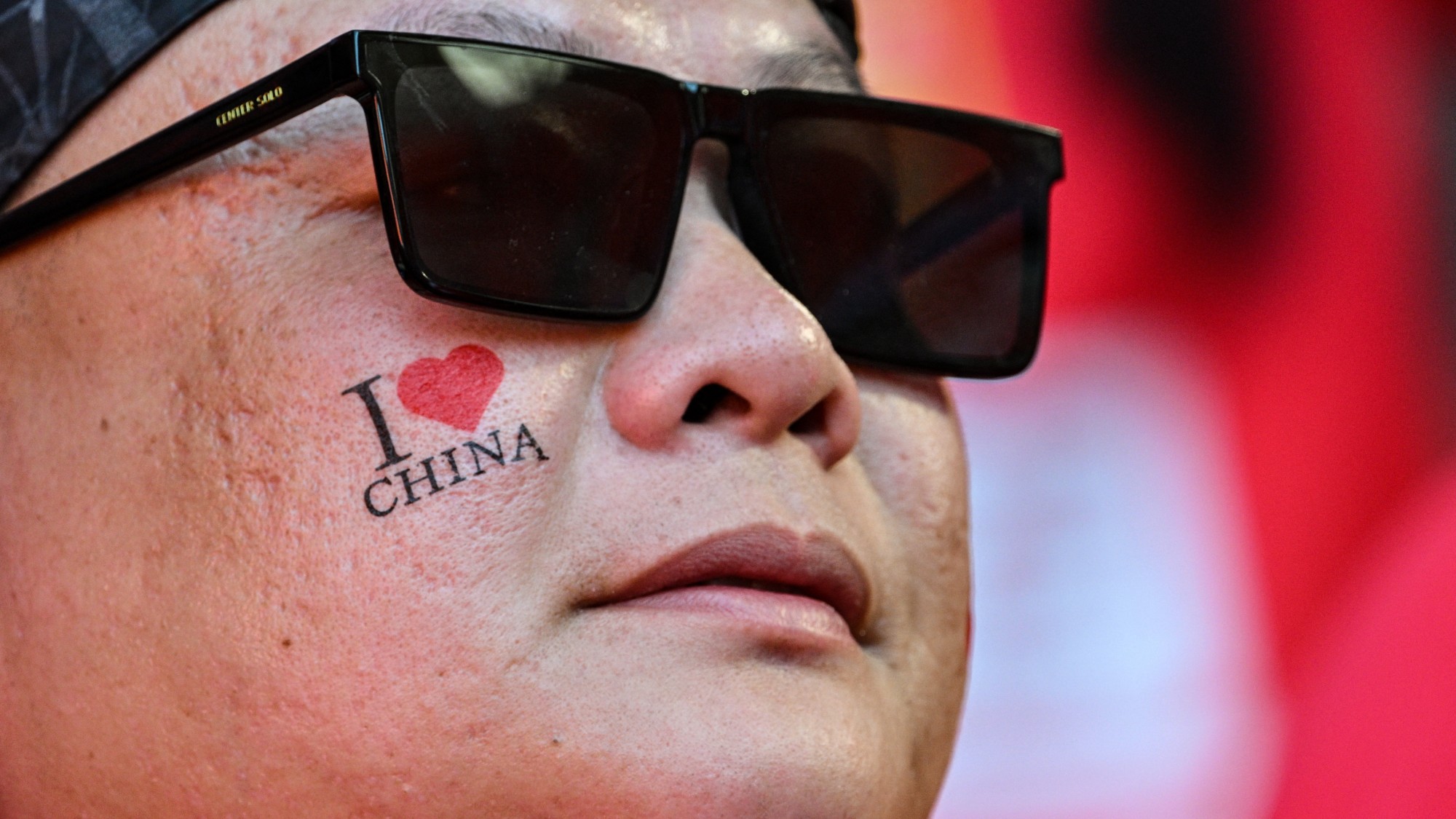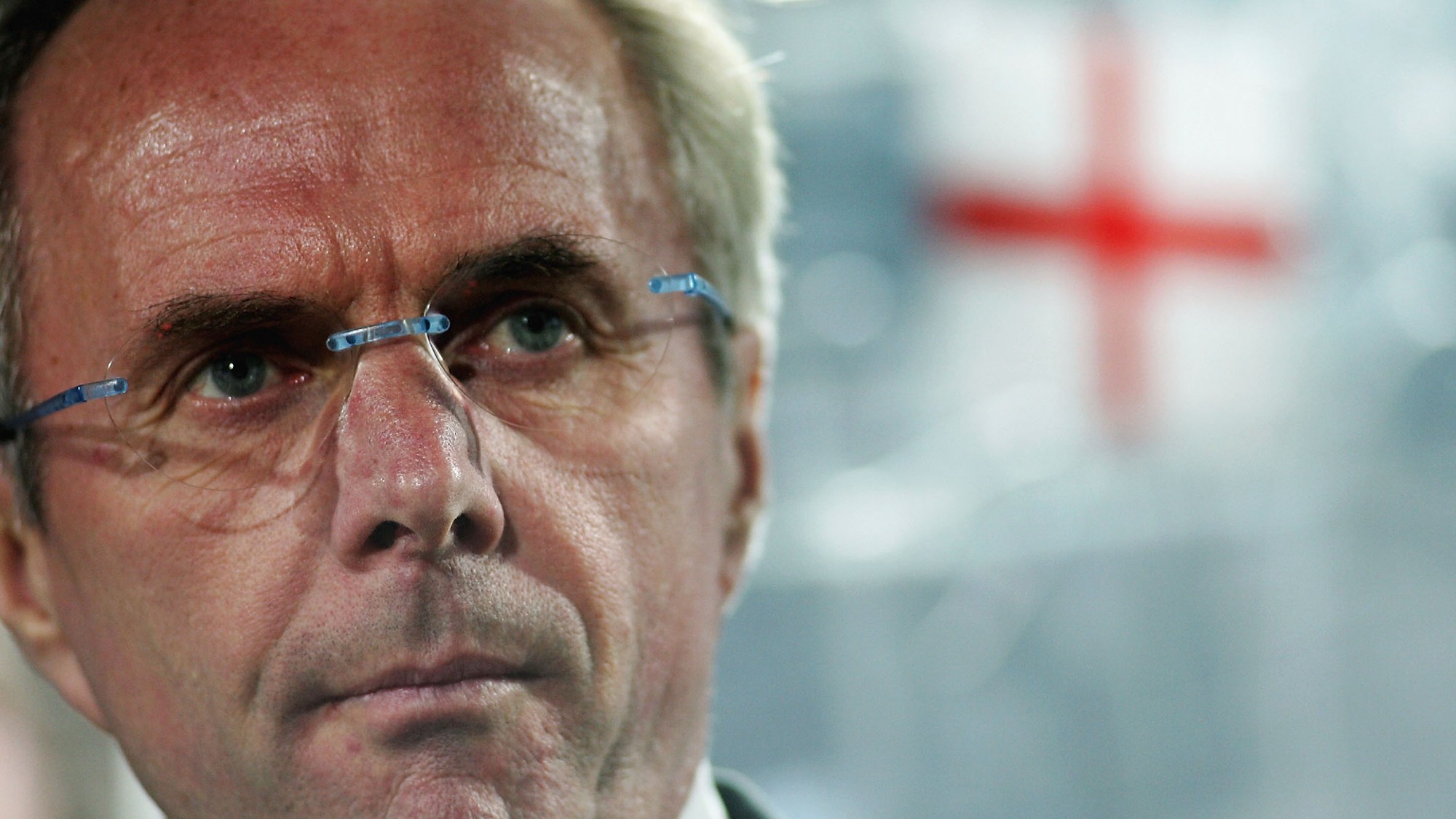Fifa backs 48-team World Cup: The arguments for and against
Will the expanded format with group-stage penalty shoot-outs dilute competition or bring joy to more countries?

A free daily email with the biggest news stories of the day – and the best features from TheWeek.com
You are now subscribed
Your newsletter sign-up was successful
Fifa's plans for an enlarged World Cup featuring 48 teams have not been met with universal approval after they were rubber-stamped in Zurich.
The changes, voted through by the Fifa Council, will see an extra 16 teams participating in the tournament from 2026.
"The idea is the brainchild of recently-elected Fifa president Gianni Infantino and will feature 16 groups of three teams. All drawn group stage matches could be decided on penalties," says James Olley of the London Evening Standard.
The Week
Escape your echo chamber. Get the facts behind the news, plus analysis from multiple perspectives.

Sign up for The Week's Free Newsletters
From our morning news briefing to a weekly Good News Newsletter, get the best of The Week delivered directly to your inbox.
From our morning news briefing to a weekly Good News Newsletter, get the best of The Week delivered directly to your inbox.
"Infantino's revamped format was supported by all 37 members of the Fifa Council at a meeting in Zurich this morning and it is projected to generate £800m in additional revenue for the organisation through broadcasting, commercial and match-day income."
How will it work?
The 48 teams that qualify will be divided into 16 groups of three, with the top two from each group progressing to the next round. Penalty shoot-outs will be introduced at the end of group games to guarantee a winner and prevent teams from colluding to ensure their passage to the last 32 at the expense of another team.
The new format means the introduction of an extra knock-out round of 32 teams. At present only 16 teams go into the knock-out stages. It means that the eventual winners will have to negotiate five must-win matches to lift the trophy.
A free daily email with the biggest news stories of the day – and the best features from TheWeek.com
The changes will increase the overall number of games from 64 to 80 but the shorter group stage (with each team playing two rather than three games) means that the tournament can remain within its 32-day schedule.
Who stands to benefit?
Fifa president Infantino says he wants more countries to experience the "joy" of participating in a World Cup, a privilege that only a few nations can realistically aspire to. The expanded format will also mean more opportunities for sponsors and more money for Fifa.
"With a sceptical hat on, the clear beneficiaries are Fifa," says JJ Bull of the Daily Telegraph. "According to their own research they stand to significantly increase revenue – a 48 team tournament has the potential to increase income by up to £822million more than the £4.5billion revenue forecast for Russia 2018.
"On a more romantic note, African and Asian nations can expect an increase on their current four qualification spots, diversifying the familiar mix of countries we are usually treated to. And if they haven't done so already by 2026, Scotland might even be able to qualify for an international tournament."
What's the verdict?
Mixed, to say the least. Writing before the proposals were adopted, Martin Samuel of the Daily Mail describes the new format as "bloated" and "ruinous" for the tournament. A 48-team World Cup "will only add to the ennui around the international game", he argues. "What it will do is reward the pedestrian, the unexceptional, those who could not exist in a genuinely elite environment."
He, like other critics, points out that bigger does not always mean better, noting that the expanded European championships last year fell flat, with little excitement despite the increased number of games.
The idea has also been criticised by the European Club Association while campaign croup New Fifa Now are describing it as "a money grab and power grab", reports the BBC.
Fifa was also given short shrift on Twitter:
But not everyone believes it's a bad idea. "A three-team group offers intriguing possibilities – there will be little room for countries trying to play it safe in the opening match," argues Martyn Ziegler in The Times. "As for Fifa's floated idea of every group match being settled by penalty shoot-outs to prevent a result in the final match being contrived, why not? We are happy to accept that happens in all the knock-out games, so why be so precious about the group matches?
"Yes this decision is all about politics and money... But that is no reason not to embrace it, now it is here."
-
 How the FCC’s ‘equal time’ rule works
How the FCC’s ‘equal time’ rule worksIn the Spotlight The law is at the heart of the Colbert-CBS conflict
-
 What is the endgame in the DHS shutdown?
What is the endgame in the DHS shutdown?Today’s Big Question Democrats want to rein in ICE’s immigration crackdown
-
 ‘Poor time management isn’t just an inconvenience’
‘Poor time management isn’t just an inconvenience’Instant Opinion Opinion, comment and editorials of the day
-
 Five years after his death, Diego Maradona’s family demand justice
Five years after his death, Diego Maradona’s family demand justiceIn the Spotlight Argentine football legend’s medical team accused of negligent homicide and will stand trial – again – next year
-
 Will 2026 be the Trump World Cup?
Will 2026 be the Trump World Cup?In the Spotlight US president already using the world’s most popular football tournament to score political points
-
 World Cup 2026: uncertainty reigns with one year to go
World Cup 2026: uncertainty reigns with one year to goIn the Spotlight US-hosted Fifa tournament has to navigate Trump's travel bans, logistical headaches and an exhausting expanded format
-
 China's football crisis: what's happened to Xi's XI?
China's football crisis: what's happened to Xi's XI?In The Spotlight String of defeats and finishing bottom of World Cup qualifying group comes a decade after Xi Jinping launched a football crusade
-
 Saudi Arabia World Cup: have lessons been learned from Qatar?
Saudi Arabia World Cup: have lessons been learned from Qatar?Today's Big Question Human rights groups fear a repeat of issues at the 2022 tournament
-
 The wit and wisdom of Sven-Göran Eriksson
The wit and wisdom of Sven-Göran ErikssonIn Depth The first foreign coach to manage England on football, life and death
-
 Can England's Euros team hold their nerve?
Can England's Euros team hold their nerve?Today's Big Question Three Lions' 'lopsided' opening win over Serbia raises more questions than it answers
-
 The England kit: a furore over the flag
The England kit: a furore over the flagIn the Spotlight Nike's redesign of the St George's Cross on the collar of the English national team's shirt has caused controversy